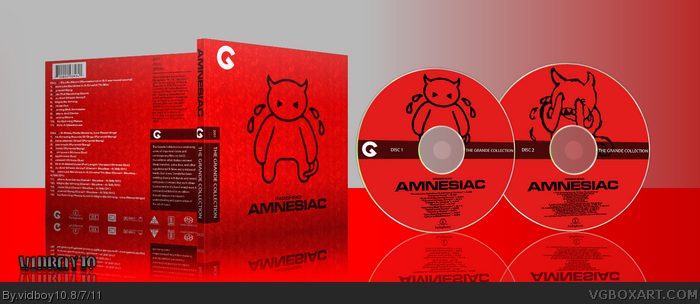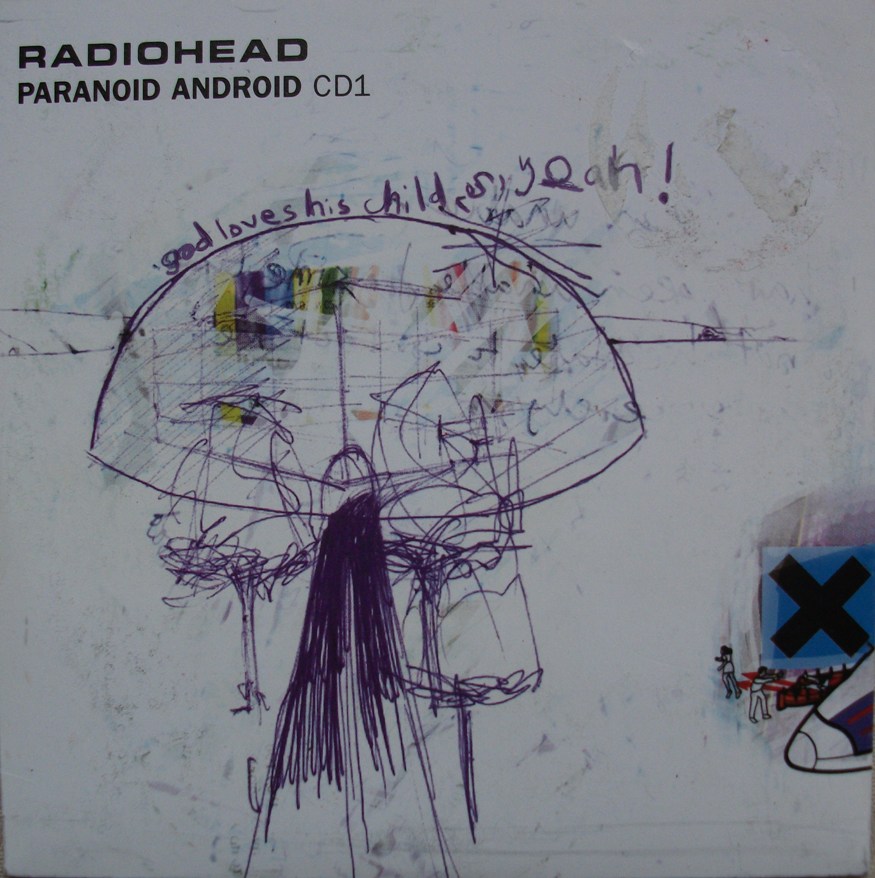


To have released them as part of the same, 21-song package would have bluntened and diluted the impact of both albums. Amnesiac, for all its strengths, doesn’t have that quality. Kid A was a closed ecosystem, one that didn’t have any obvious singles and where every piece made sense as part of the larger whole. It’s a damn good thing they decided against this – not only would it have been a horrendous, retrograde cliché whose action would have run counter to their general anti-music industry stance of the time, but it just wouldn’t have made sense artistically or from a listener’s perspective. Radiohead had initially been tempted to release Amnesiac jointly with Kid A as a double album, as its eleven songs had been recorded during the same sessions.

READ MORE: Highlights From The Radiohead Public Library But that doesn’t do justice to a record that has at least as much of a material part in explaining the most radical move in the career of one of the world’s most talked-about bands. Instead, Radiohead fans have tended to regard it as one of the group’s lesser works – which, in the context of a career that’s also contained OK Computer and In Rainbows, is probably fair comment. It’s not as good as Kid A, no, but it certainly needs to be re-stated that Amnesiac is an incredible record, and one that would, if it was released by almost any other band in history, be heralded as a masterwork. Arriving as it did so shortly after the revolutionary shock of Kid A that left rock critics and cultural commentators divided as well as Radiohead’s own fanbase, 2001’s Amnesiac has always been doomed to dwell in the shadow of its illustrious predecessor.


 0 kommentar(er)
0 kommentar(er)
